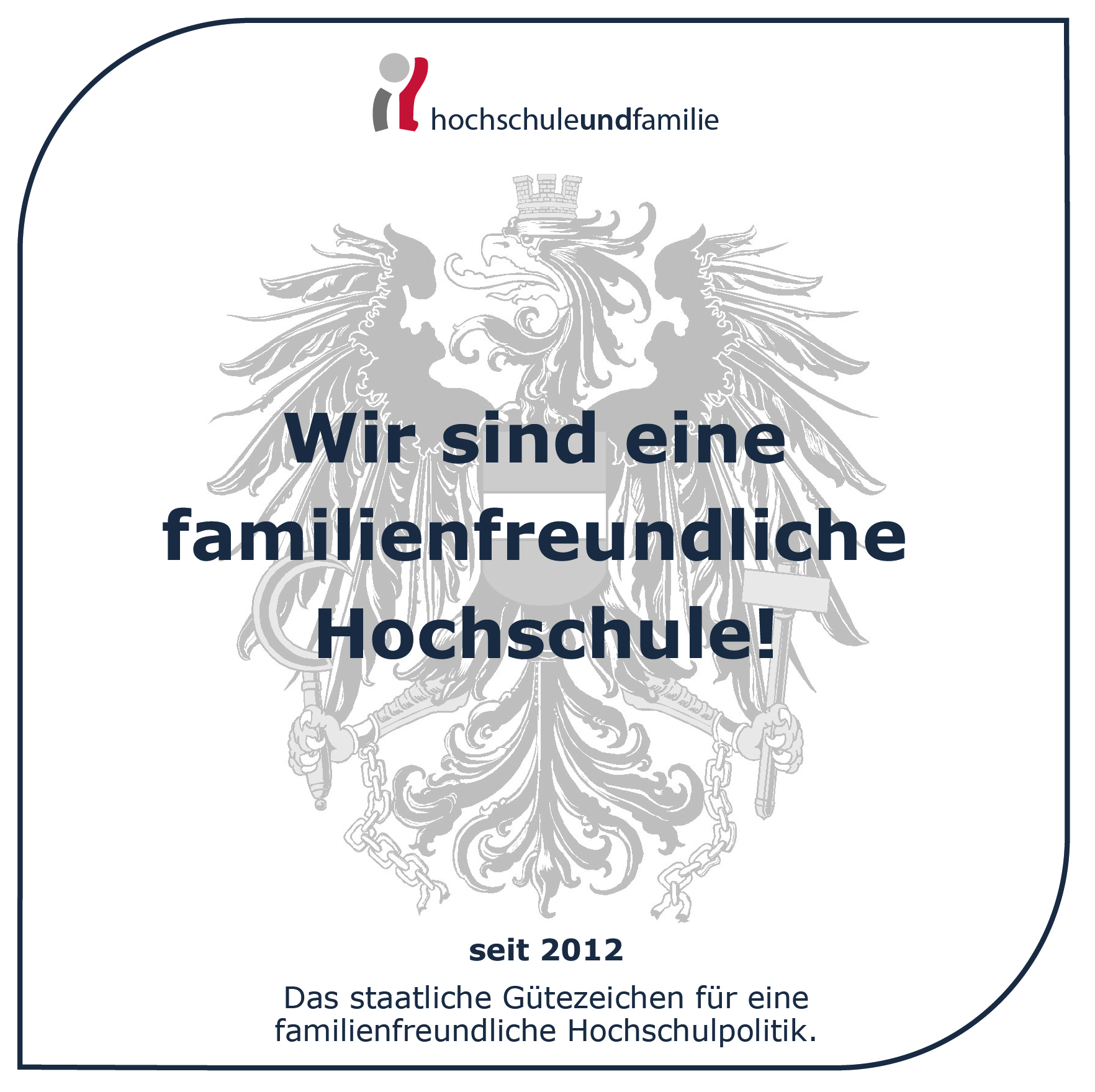Gender Mainstreaming & Diversity Management
Gender Mainstreaming
Women and men are culturally attributed specific behaviors, characteristics and associations– social stereotypes of gender. Gender mainstreaming means consciously recognizing and taking into account social inequalities between women and men in all areas and at all planning and decision-making stages.
Gender mainstreaming is often confused with women’s empowerment but the two are mutually complementary strategies. Gender specific inequality is in most cases at the expense of women, therefore the empowerment of women is often essential to help create a balance.
Diversity Management
Diversity management means the targeted awareness and the conscious appreciation of people and their differences as diversity or potential and not as a deficit. The aim of this approach is to perceive and use diversity as an essential resource in organizations as well as dismantle common stereotypes and prejudices that often lead to discrimination. People are not assigned to specific groups, but should be recognized in their diverse facets or dimensions.
Dimensions taken into account in diversity management are: age, gender, ethnic origin, disability, sexual orientation, religion, social background, professional background, income, place of residence, marital status, parenthood, education.
Some of these dimensions can be changed relatively easily, others cannot.
University and Family Audit
 The University and Family Audit was created as a management tool for making universities more family-friendly. The aim of this audit is to develop and implement family-oriented measures, so as to achieve a balance between the interests of the university, the needs of employees and the needs of students.
The University and Family Audit was created as a management tool for making universities more family-friendly. The aim of this audit is to develop and implement family-oriented measures, so as to achieve a balance between the interests of the university, the needs of employees and the needs of students.
In 2012, FHWien der WKW was awarded the state quality seal, which is valid for three years, for the first time. This makes FHWien der WKW one of the first universities of applied sciences in Austria to receive this certificate. Since then, the re-audit has been successfully completed every three years. At the beginning of January 2025, FHWien der WKW was once again awarded the “Audit hochschuleundfamilie” certificate. This fourth recertification is valid until 2028.
Diversity Charter

FHWien der WKW signed the diversity charter in May 2012. The charter was introduced in 2005 in France and has been implemented Europe-wide. The diversity charter for Austria was implemented upon an initiative between the Austrian Economic Chamber and the Vienna Economic Chamber in 2010.
The signing of the diversity charter is voluntary and promotes respect for all members of society – irrespective of gender, age, origin or skin color, sexual orientation, religion and belief, physical or mental disability.
Network of “Businesses for Families”
 Since July 2016, FHWien der WKW has been part of the network “Businesses for Families” (Unternehmen für Familien), an initiative of the Federal Ministry of Family and Youth (BMFJ) for networking between family-friendly companies and municipalities. FHWien der WKW signed up to demonstrate its commitment to improving the compatibility of family and work within the university.
Since July 2016, FHWien der WKW has been part of the network “Businesses for Families” (Unternehmen für Familien), an initiative of the Federal Ministry of Family and Youth (BMFJ) for networking between family-friendly companies and municipalities. FHWien der WKW signed up to demonstrate its commitment to improving the compatibility of family and work within the university.